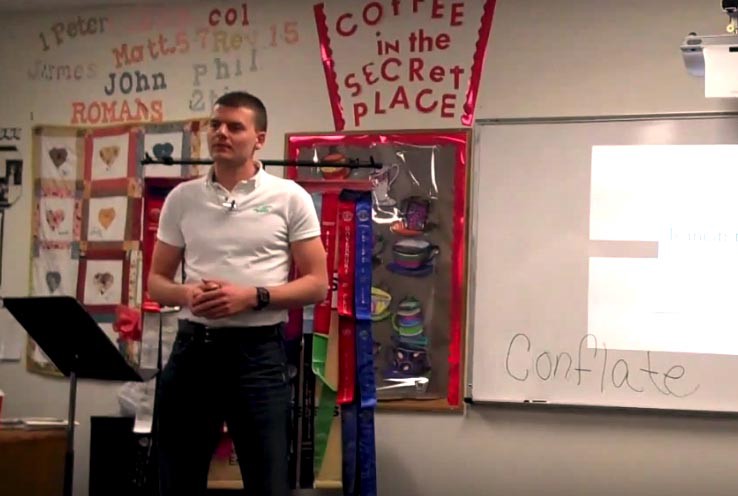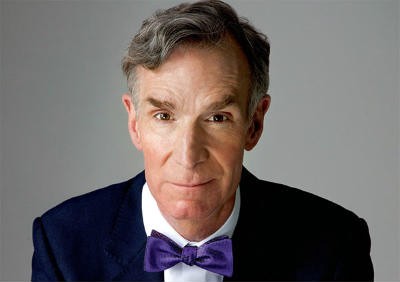Bottom Line — Speaking skills will greatly amplify your other skills. Here are examples from my life and the lives of others.
I’ve been speaking to groups of people for a couple of years. Whether it is speaking at work, to groups, or just within toastmasters, it is a worthwhile endeavor.
I’ve realized that public speaking is only limited to speaking, but instead it secretly builds up other valuable communication skills. The practice of public speaking builds effective communication.
If you can’t effectively communicate your intentions or your ideas, they are watered down when perceived by others.
Communication is multi-faceted
Communication is multi-faceted. You have planning, executing, voice, body language, and emotions working simultaneously. Reading about them is not enough as they must be practiced.
I’ve noticed improvement through practice is subtle. For example, Toastmasters uses manuals that progress a member over 40 speeches before they complete the communication track. When you get to speech #30, that’s when you realize “Hey, this is looking more natural to me than before”. The effect is subtle like learning to do a handstand.
Speaking as a means, not destination
Speaking does not have to be the final destination. You can build up your communication skills and then fork them to another path. That’s primarily how I use public speaking. Let me give you some examples where this is visible in historic figures:
Example 1 — In my own life

Speaking taught me to think about what my target audience is interested in hearing (giving value), preparing ideas, organizing speaking points, and delivering using speech and body language.
When I give technical presentations at work or interface with clients, those skills come in handy. In making video presentations and screen casts, those skills are highly useful.
Example 2 — Bill NYE the Science Guy

Remember watching this in the 90’s? Did you know that early on in his career, Bill Nye wrote sketch comedy, and did small performances. That likely honed his skill of communicating with humor effectively. When the opportunity with to air Bill Nye the Science Guy showed up, his skills were ready to be used. He is continuing to use those skills in educating the general public in a way that is easy for us to understand. The show is on youtube, check it out for some nostalgia.
Example 3 — Winston Churchill

As a young boy, he had a lisp and he was a bit shy. He honed his communication skills through speeches while he was still a young man. Winston Churchill was also a historian, and that allowed him to practice organizing his ideas into books. Was his destination public speaking? I don’t know. What I do know is that he used those skills to effectively communicate and lead his people through World War II in England.
Example 4 — Ronald Reagan

Here is a guy that was an actor and was only elected to office at the age of 55. Acting was likely what honed his communication skills and made him an effective communicator. Was acting the final destination? No. Not many people know of Reagan “The Actor” as they do Reagan “The president who was charismatic and related to his audience as no other”.
Develop your communication skills
You might not know where ideas inside of you might take you next. Some kind of idea might appeal to you so much that you just have to act on it. It will feel like a magnet is pulling you. Sure, you’ll need to learn skills to make that idea work, and one sure skill set you’ll need to know is how to communicate that idea properly, whether through writing or speaking. Practicing speaking is a great way to hone effective communication skills so that when the idea comes, you’re ready to take action.
